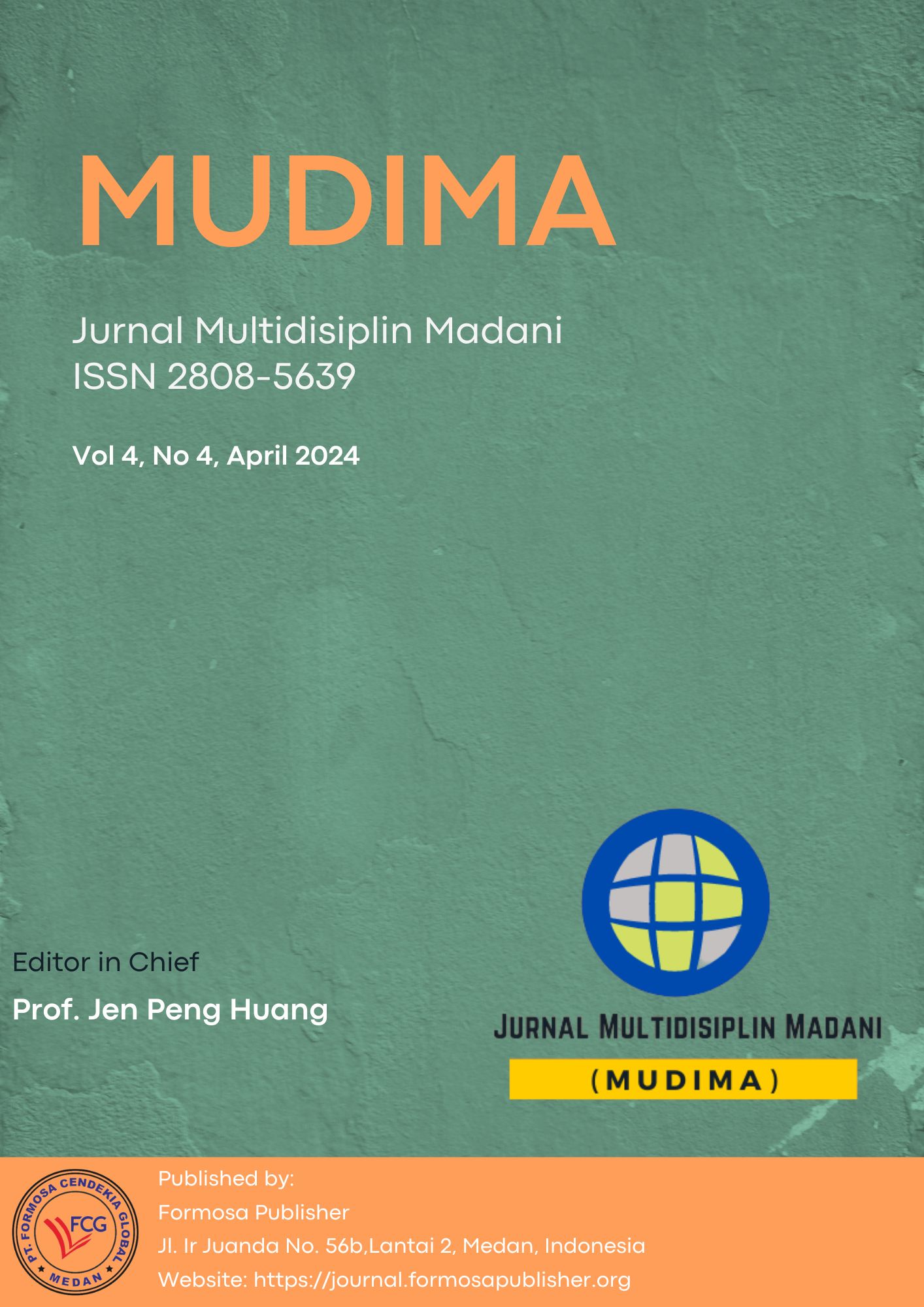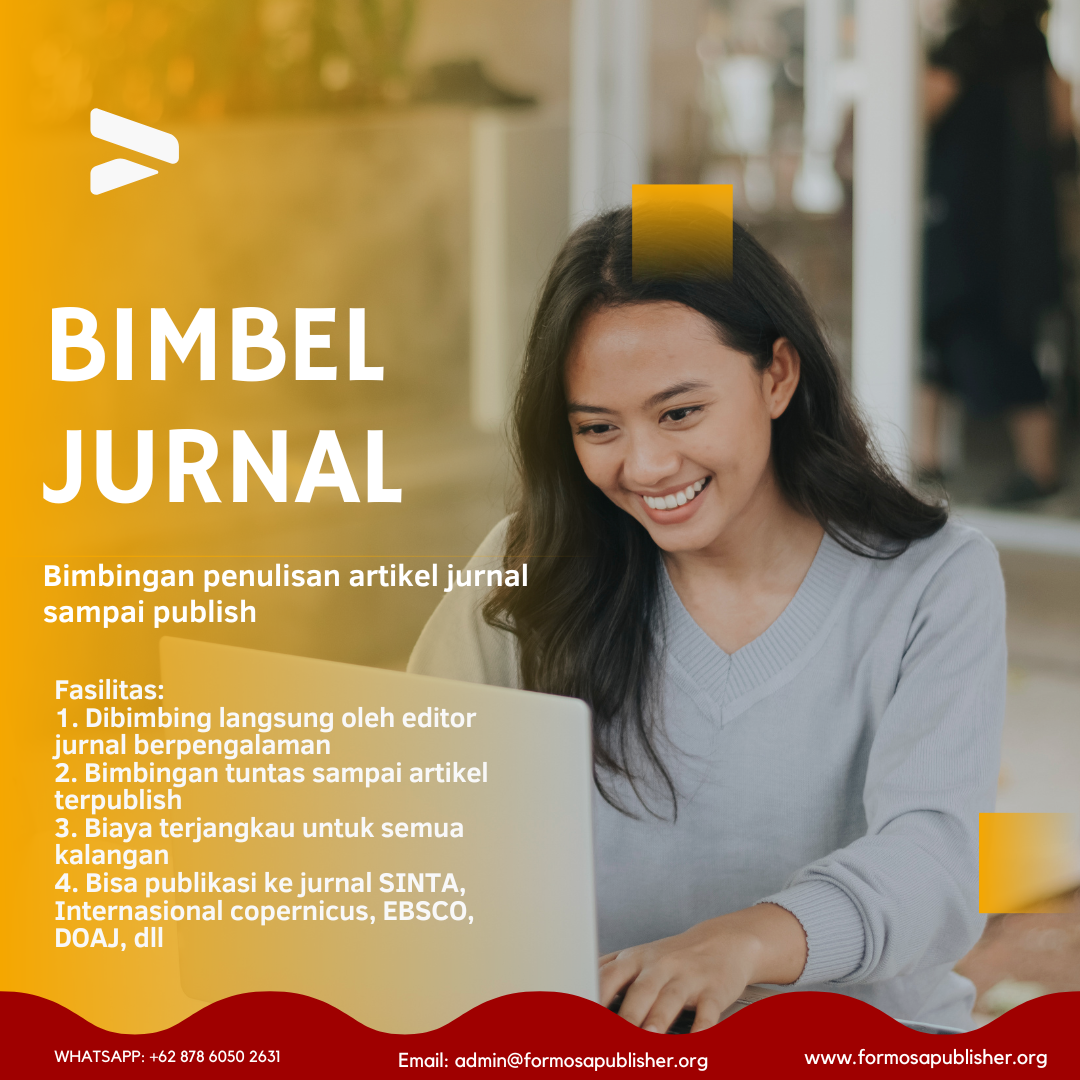Readiness for Artificial Intelligence Integration in Government Services: Perspectives from Ramechhap District Employees
DOI:
https://doi.org/10.55927/mudima.v4i4.8435Keywords:
Artificial, Future, Intelligence, Local, FederalAbstract
The study aimed to investigate the perception of government services employees regarding the future perspective of AI in government services and to compare the perspectives between federal and local level employees. Research adopted objectivity methods to explore the result. Data collected from federal and local government employees in Ramechhap District, Bagmati Province of Nepal. The study revealed insights into the perception of government services employees regarding AI in government services, indicating a moderate belief in AI's potential to enhance job efficiency and a cautious optimism towards AI integration within organizations. Respondents recognized the importance of investing in AI infrastructure and training, foreseeing changes in daily tasks and increased AI usage in service tasks. Anticipation of new HR roles and a demand for flexible virtual work setups was also noted. The ANOVA results comparing federal and local level employees' perspectives on AI in government services showed no significant difference between the two groups, suggesting that the variation in perspectives was not statistically significant. This research provides valuable insights into the perceptions and expectations of government services employees regarding AI adoption and its potential impact on future work environments
References
Alahmad, T., Neményi, M., & Nyéki, A . (2023). Applying IoT Sensors and Big Data to Improve Precision Crop Production: A Review. Agronomy, 13, 2603. https://doi.org/10.3390/agronomy13102603
Alazzai, W. K., Abood, B. S., Al-Jawahry, H. M., & Obaid, M. K. (2024). Precision Farming: The Power of AI and IoT Technologies. E3S Web of Conferences 491. https://doi.org/10.1051/e3sconf/202449104006
Brandusescu, A. (2021). Artificial Intelligence Policy and Funding in Canada:Public Investments, Private Interests. McGill. https://papers.ssrn.com/sol3/papers.cfm?abstract_id=4089932
Cath, C., Wachter, S., Mittelstadt, B., Taddeo, M., & Floridi, L. (2018). Artificial Intelligence and the ‘Good Society’: the US, EU, and UK approach. Science and Engineering Ethics. https://doi.org/10.1007/s11948-017-9901-7
Chatterjee, S. (2020). AI strategy of India: policy framework, adoption challenges and actions for government. Transforming Government People Process and Policy. https://doi.org/10.1108/TG-05-2019-0031
Choudary, S. A. (2024). Safe and Responsible AI in Australia – The Government’s Interim Response. Retrieved from https://securiti.ai/blog/safe-and-responsible-ai-in-australia/
Dang, T. D., & Nguyen, M. T. (2023). Systematic review and research agenda for the tourism and hospitality sector: co-creation of customer value in the digital age. Future Business Journal, 9(94), 2-14. https://doi.org/10.1186/s43093-023-00274-5
G, A. P., Kumar, A. V., Sharma, P., Irawati, I. D., V, C. D., Musirin, I. B., et al. (2023). Artificial Intelligence in Computer Science:An Overview of Current Trends and Future Directions. In Artificial Intelligence in Computer Science. DOI: 10.4018/979-8-3693-1301-5.ch002
Haleem, A., Javaid, M., Qadri, M. A., Singh, R. P., & Suman, R. (2022). Artificial intelligence (AI) applications for marketing: A literature-based study. International Journal of Intelligent Networks, 3, 119–132. https://doi.org/10.1016/j.ijin.2022.08.005
Hradecky, D., Kennell, J., Cai, W., & Davidson, R. (2022). Organizational readiness to adopt artificial intelligence in the exhibition sector in Western Europe. International Journal of Information Management, 65, 102497. https://doi.org/10.1016/j.ijinfomgt.2022.102497
Huang, L., & Peissl, W. (2023). Artificial Intelligence-A New Knowledge and Decision-Making Paradigm? . In Technology Assessment in a Globalized World Facing the Challenges of Transnational Technology Governance (pp. 175–201). Springer. https://doi.org/10.1007/978-3-031-10617-0_9
Hussain, N., & Pangilinan, G. A. (2023). Robotics and Automation with Artificial Intelligence:Improving Efficiency and Quality. Aptisi Transactions on Technopreneurship, 5(2), 176-189. https://doi.org/10.34306/att.v5i2.252
Katara, M., & Kumawat, P. (2023). Overview on Artificial Intelligence Technique. International Journal of Research Publication and Reviews, 4(6), 1416-1422.
Korneeva, E., Alamanova, C., Orozonova, A., Parmanasova, A., & Krayneva, R. (2023). Sustainable development of the agricultural sector of the economy. E3S Web of Conferences 431. https://doi.org/10.1051/e3sconf/202343101030
Linardatos, P., Papastefanopoulos, V., & Kotsiantis, S. (2021). Explainable AI: A Review of Machine Learning Interpretability Methods. Entropy, 23, 18.
Magomedov, I. A., Mashukov, K. V., & Kremleva, E. S. (2023). Future trends in artificial intelligence that could pose a threat to humanity. E3S Web of Conferences. ESMGT . https://doi.org/10.3390/e23010018
Nitta, K., & Satoh, K. (2020). AI Applications to the Law Domain in Japan. Asian Journal of Law and Society, 7, 471–494. https://doi.org/10.1017/als.2020.35
Rayhan, A. (2023). The Future of Work: How AI and Automation will transform Iindustries. Technical Report. DOI: 10.13140/RG.2.2.36092.51848
Roberts, H., Cowls, J., Morley, J., Taddeo, M., Wang, V., & Floridi, L. (2021). The Chinese approach to artifcial intelligence: an analysis of policy,ethics, and regulation. AI & Society, 36, 59–77. https://doi.org/10.1007/s00146-020-00992-2
Scott, A. C., Solórzano, J. R., Moyer, J. D., & Hughes, B. B. (2022). The Future of Artificial Intelligence. International Journal of Artificial Intelligence and Machine Learning, 2(1), 1-37. DOI: 10.51483/IJAIML.2.1.2022.1-37
Silitonga, F., & Isbah, M. F. (2023). Artificial Intelligence and the Future of Work in the Indonesian Public Sector. Jurnal Ilmu Sosial dan Humaniora, 12(2), 296-308. https://doi.org/10.23887/jish.v12i2.62297
Soori, M., Arezoo, B., & Dastres, R. (2023). Artificial intelligence, machine learning and deep learning in advanced robotics, a review. Cognitive Robotics, 3, 54–70. https://doi.org/10.1016/j.cogr.2023.04.001
The white house. (2023). FACT SHEET: President Biden Issues Executive Order on Safe, Secure, and Trustworthy Artificial Intelligence.
Zuiderwijk, A., Chen, Y.-C., & Salem, F. (2021). Implications of the use of artificial intelligence in public governance: A systematic literature review and a research agenda. Government Information Quarterly, 38. https://doi.org/10.23887/jish.v12i2.62297
Downloads
Published
How to Cite
Issue
Section
License
Copyright (c) 2024 Dipak Mahat

This work is licensed under a Creative Commons Attribution 4.0 International License.
































